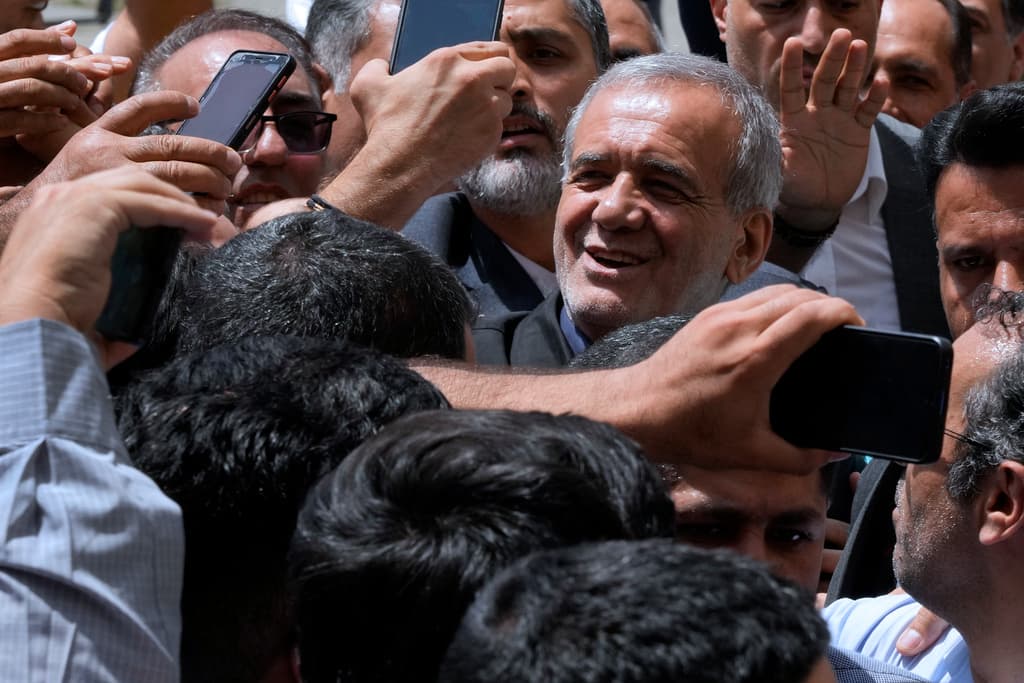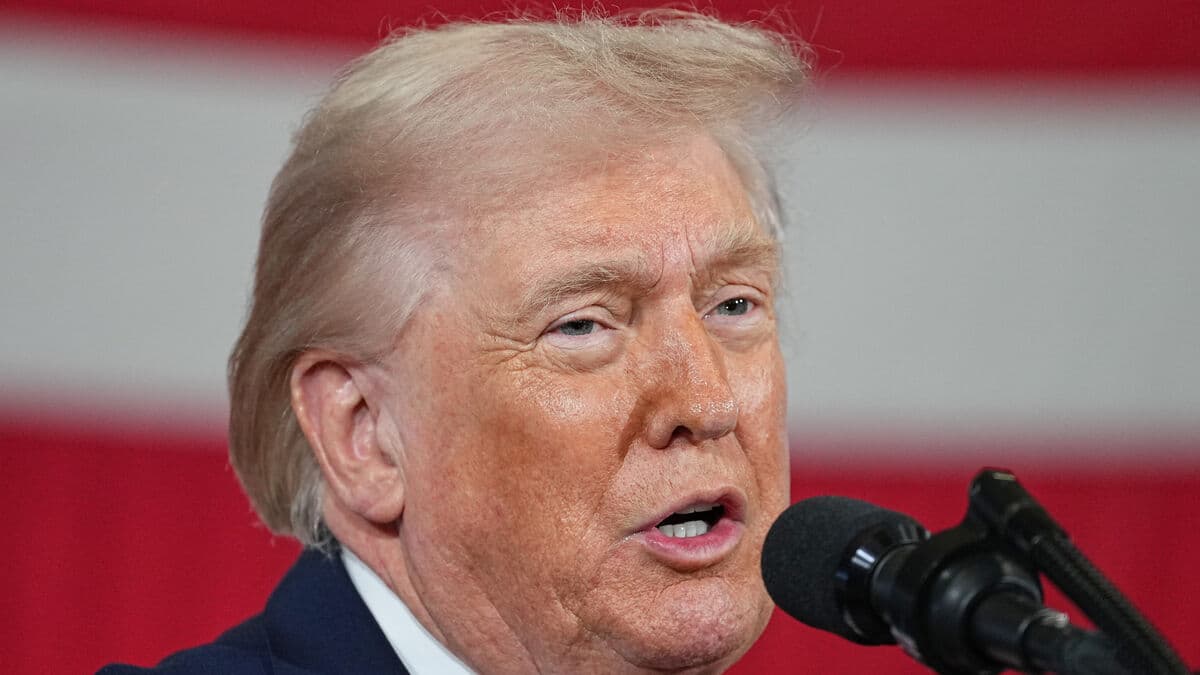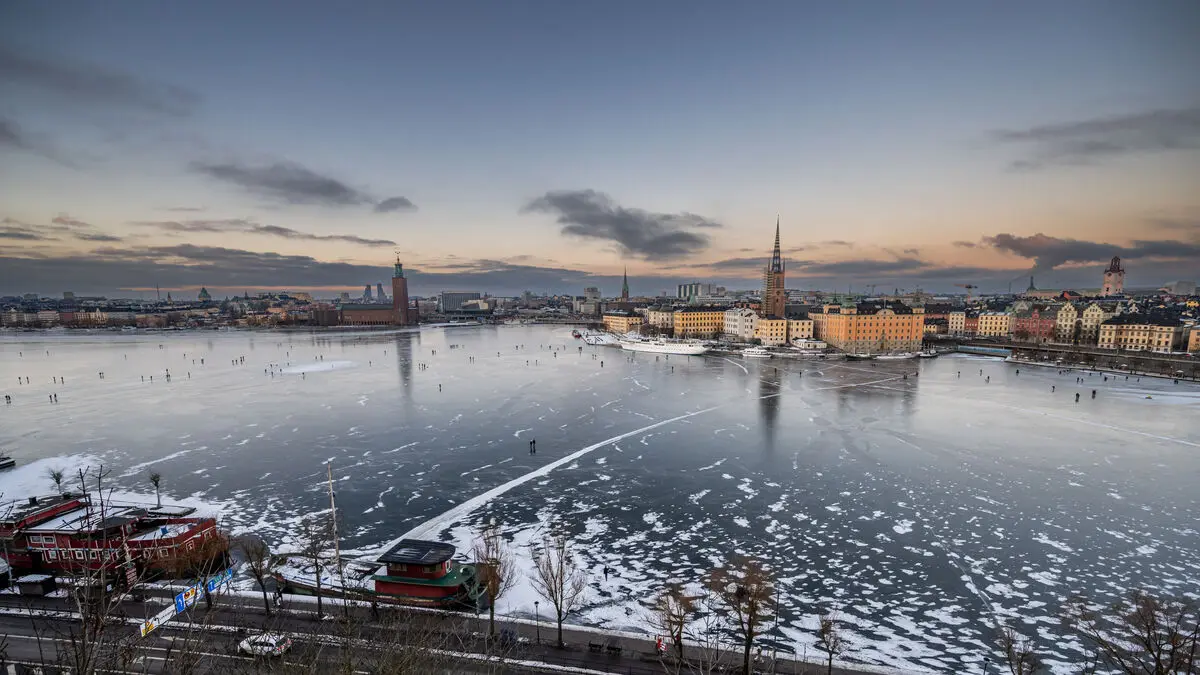Iran's new president is described as a person who stands for a somewhat more open relationship with Europe. However, it may not initially have a significant impact on the situation of the Swedish-Iranian imprisoned researcher Ahmadreza Djalali, according to Iran expert Rouzbeh Parsi.
Heart surgeon and former health minister Masoud Pezeshkian has been elected as the country's new president after the second round of voting in Iran. Before the country, which is one of the world's hardest dictatorships, went to the polls, he and the other eligible candidates had been approved by the leadership in Iran.
Pezeshkian is described as "reformist", and he has previously called the 22-year-old Mahsa Amini's death in Iranian custody in 2022 "unacceptable". However, it is still unlikely that his relatively liberal stance will initially improve the situation for Swedish-Iranian Ahmadreza Djalali, assesses Rouzbeh Parsi, program manager at the Foreign Policy Institute's Middle East and North Africa program.
Djalali's case is not in the hands of the president, but in the hands of the security services, says Parsi.
Then, a president can push for it if there is some other political gain to be made by, for example, releasing someone like Djalali.
Economy in focus
Djalali, a doctor and researcher at the Karolinska Institute, has been imprisoned in the notorious Evin Prison in Iran since he was arrested in 2016, accused of espionage. In October 2017, he was sentenced to death.
According to Parsi, President Pezeshkian's focus is likely to be on improving the economy in the country, and possibly trying to get some change regarding the country's hijab laws. And if the country sees some political benefits in releasing Djalali, it would likely be part of improving economic ties with Europe.
Then it would be part of the dimension of improving the economy, which is about getting better relations with the West to be able to enter that part of international trade that the West controls and dominates, says Parsi.
Government not clear
Pezeshkian has not yet presented his government, which also needs to be approved by the conservative parliament in Iran. The ministers he manages to get through will also affect the direction the country will take in the future.
In Sweden, and the rest of the world, one now has to wait and see what kind of government it will be and what it will signal that it wants.
Earlier this summer, Swedes Johan Floderus and Saeed Azizi were released from Evin Prison in Iran through a prisoner exchange, which Djalali was not part of.
TT has sought Foreign Minister Tobias Billström, who declines to comment.






